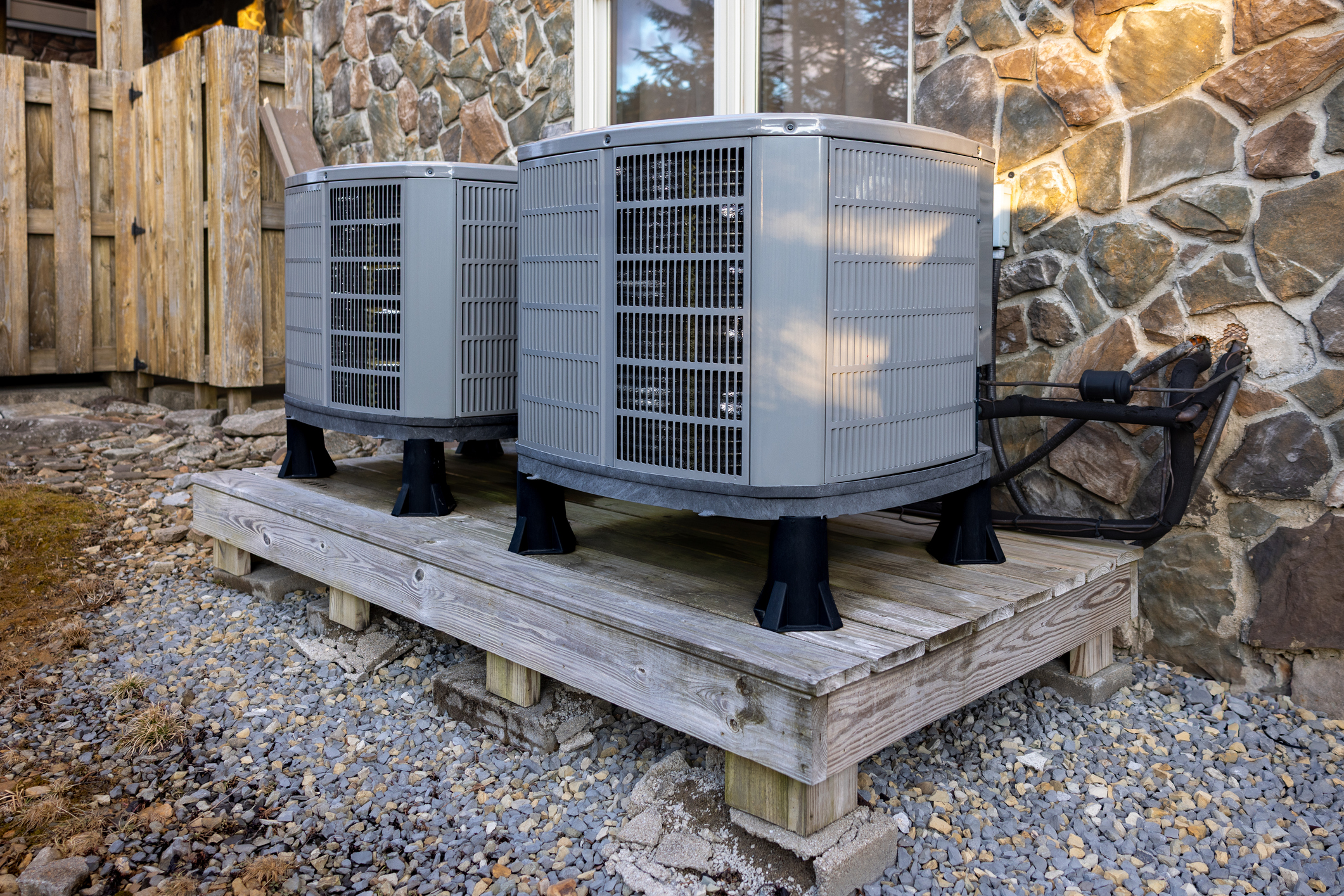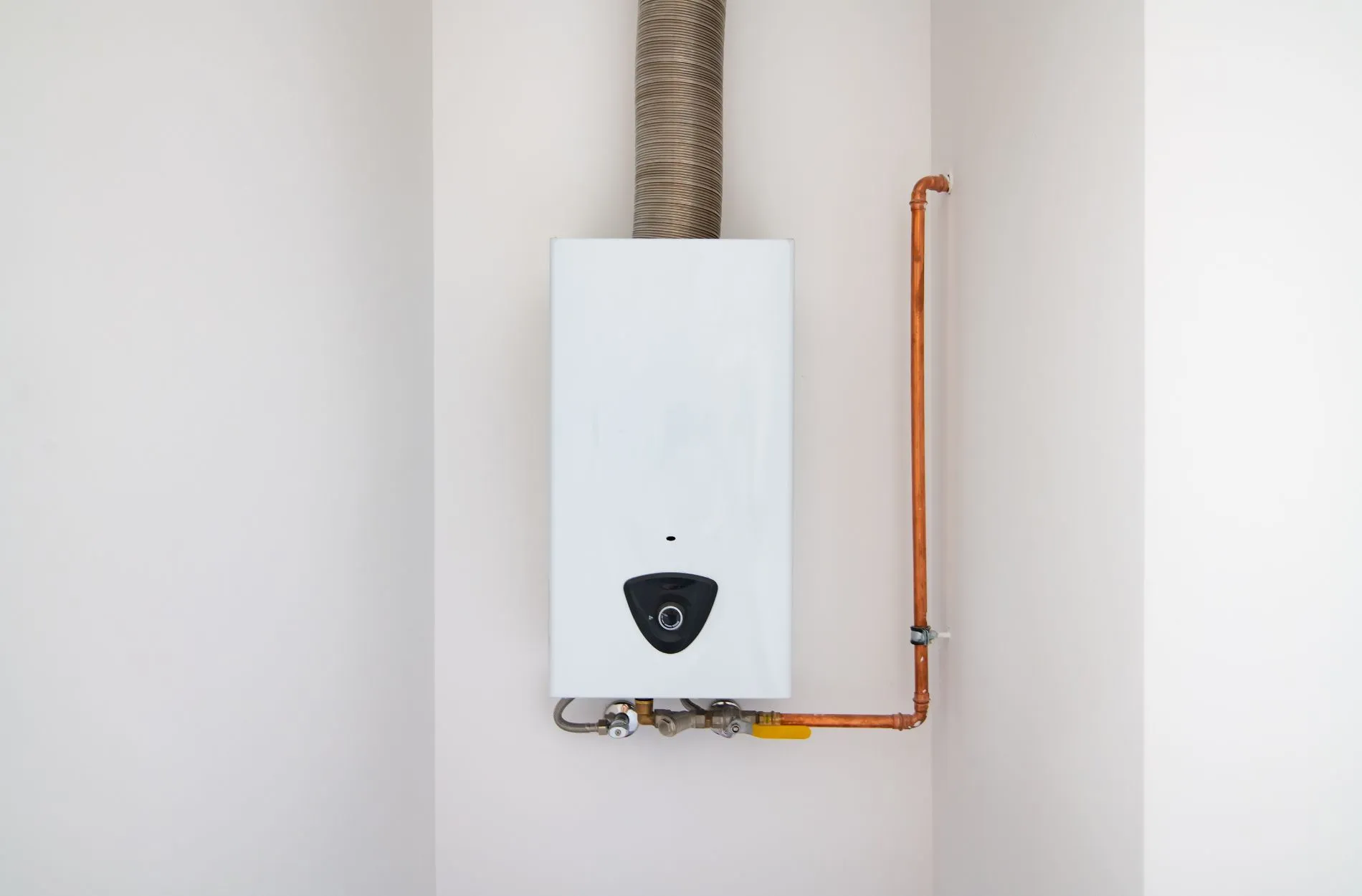Tankless Water Heaters: An Efficient and Space-Saving Solution for Your Home
While traditional water heaters have served our households well for many years, advances in technology have given rise to more efficient and space-saving options, such as tankless water heaters. Also known as on-demand or instantaneous water heaters, these innovative systems are becoming increasingly popular among homeowners seeking a more energy-efficient and reliable solution for their hot water needs.
Tankless water heaters operate by heating water on demand, eliminating the need for a storage tank. As you turn on a hot water tap, cold water travels through a pipe into the unit, where it's heated by an electric element or gas burner. This process ensures that you always have hot water when needed without waiting for a storage tank to heat up. By providing hot water only when required, tankless water heaters significantly reduce energy consumption and lower utility bills, making them an eco-friendly choice for your home. Continue reading as we introduce you to tankless water heaters, addressing their benefits, the different types available, and the importance of selecting and installing the right unit for your home with the help of our experienced professionals.
Benefits of Choosing a Tankless Water Heater
There are several advantages associated with tankless water heaters that make them an attractive choice for homeowners seeking an upgrade to their home's hot water system. Some of these benefits include:
- Energy Efficiency: By heating water only when it's needed, tankless water heaters significantly reduce energy consumption compared to traditional storage tank water heaters, leading to lower utility bills and a reduced carbon footprint.
- Unlimited Hot Water: With a tankless water heater, you'll never run out of hot water, as the unit continuously heats water on demand. This feature is especially beneficial for households with high hot water usage or multiple occupants.
- Space-Saving Design: The compact, wall-mounted design of tankless water heaters allows for installation in tight spaces, freeing up valuable storage areas in your home.
- Longer Lifespan: Tankless water heaters typically have a longer life expectancy compared to traditional tank water heaters, with an estimated lifespan of 20 years or more, making them a sound long-term investment.
- Reduced Risk of Water Damage: Since tankless water heaters don't store water, there's no risk of flooding due to a ruptured storage tank, mitigating the potential for costly water damage.
Types of Tankless Water Heaters: Electric vs. Gas
There are two main types of tankless water heaters: electric and gas. Each type offers its own set of advantages and may be more suitable for certain homes or preferences.
- Electric Tankless Water Heaters: These units use electric heating elements to heat the water on demand. Electric models are generally more compact and easier to install than gas models, as they don't require venting. They also tend to have lower upfront costs and require less maintenance. However, electric tankless water heaters may not always be suitable for homes with high hot water demands or larger households, as their flow rate and capacity might be limited.
- Gas Tankless Water Heaters: Gas-fueled tankless water heaters utilize natural gas or propane to heat the water. These units typically have a higher flow rate and capacity, making them better suited for larger households or simultaneous use of hot water fixtures. Gas tankless water heaters also provide more consistent water temperatures, even during high-demand periods. However, they have higher upfront costs and typically require venting, which can increase installation complexity.
Selecting the Right Tankless Water Heater for Your Home
When choosing a tankless water heater for your home, it's essential to consider several factors to ensure that the unit meets your specific needs and performs efficiently. Some of these factors include:
- Fuel Type: Decide between an electric or gas-fueled tankless water heater based on your home's existing infrastructure, fuel availability, and personal preferences.
- Hot Water Demand: Assess your home's hot water requirements by considering the number of occupants and simultaneous use of hot water fixtures. This information will help determine the appropriate flow rate and capacity for your tankless water heater.
- Energy Efficiency: Look for units with higher energy efficiency ratings to ensure maximum savings on your utility bills. Gas units should also meet low nitrogen oxide emission requirements to reduce environmental impact.
- Installation Requirements: Consider the location, venting, and electrical or gas requirements for your tankless water heater. Consult our professionals to carry out an assessment and provide expert guidance.
Proper Installation: Ensuring Optimal Performance of Your Tankless Water Heater
Once you've selected the ideal tankless water heater for your home, it's crucial to ensure proper installation for optimal performance, efficiency, and lifespan. Our technicians have the expertise and experience to correctly install your tankless water heater, adhering to best practices and industry standards.Our professionals will handle the entire installation process, from assessing the ideal location for your unit to advising on venting and electrical or gas connections. With expert installation, you can have peace of mind that your tankless water heater will deliver reliable and efficient hot water to your home for the long term.
Conclusion
Tankless water heaters offer a modern and efficient solution for your home's hot water needs, providing a range of benefits over traditional storage tank water heaters. By considering factors such as fuel type, hot water demand, energy efficiency, and installation requirements, you can make an informed decision on the right tankless water heater for your home.Our professionals at North Wind Heating are ready to assist you in selecting and expertly installing the perfect tankless water heater in Surrey, BC, to improve your home's hot water efficiency and overall comfort. Contact us today to learn more about our plumbing and HVAC services and upgrade to a tankless water heater for endless hot water supply and energy savings.
Customer Testimonials
Go With Experience
Latest Blog Posts










